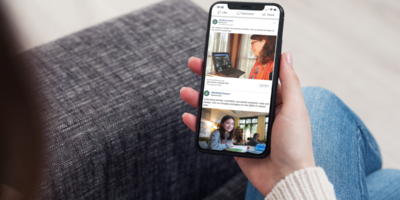Though it might be tucked away in the back of most Facebook users’ minds some three months out from The Guardian’s and The New York Times’ reports on Facebook’s involvement with Cambridge Analytica and failure to report their relationship to relevant law enforcement and regulatory authorities, Facebook unarguably did its users wrong by allowing Cambridge Analytica to breach the privacy of nearly 100 million users who didn’t give explicit permission to either Facebook nor Cambridge Analytica to access their information.
Recently, news has surfaced that indicates Facebook knowingly and purposefully reached agreements with manufacturers of phones, tablets, computers, and other advanced electronic devices to grow its grasp on the relatively new field of social media platforms.
What did such agreements entail?
Dozens of manufacturers of the world’s hottest electronic, technological devices were allowed explicit permission to mine the private information of every Facebook user that used their respective devices. Some of the most popular of those manufacturers are Samsung, Apple, Amazon, and Microsoft, with deals between such companies dating back earlier than 2008.
Facebook purposely set out to ink such deals even before using Facebook’s mobile app or Messenger was popular. In exchange for manufacturers jumping all over Facebook’s profitable deals, their respective devices would be able to customize offerings of Facebook-focused actions like “like” buttons not featured on other phones or being able to readily sync contacts between Facebook and in-phone address books.
In 2011, Facebook found itself subject to regulations of the like for the first time after the Federal Trade Commission came out with a new book of requirements that mandated social media platforms like Facebook to ask users for their explicit consent in order to share their data with either Facebook or third-party organizations.
Facebook has broken such rules as outlined by the United States Federal Trade Commission countless times. The company, founded by Mark Zuckerberg in 2004, further declared that it would not break such privacy-related rules, policies, or guidelines any further. One of those mandates involves Facebook’s disregard for allowing manufacturers, third-party apps, and other organizations to access not only Facebook users’ information, but those users’ friends’ information, even if those friends didn’t download such apps or use devices manufactured by companies that Facebook signed agreements with referenced at the beginning of this article.
Further, although Facebook cut back on many of the aforementioned agreements in April 2018, most of them still exist.









